Our story
The National Internet Observatory is funded by a generous grant from the National Science Foundation: NSF Grant: Mid-scale RI-1 (M1:IP): Observatory for Online Human and Platform Behavior
Northeastern News has written several articles explaining why the Observatory is so vital for scientists: "Can we better understand online behavior? These researchers will dig deep to find out" (News@Northeastern, October 2021) and 59th Annual Robert D. Klein Lecture at Northeastern was led by cybersecurity expert Christo Wilson.
Contact us
If you have questions about the research project you can contact us directly at help@nationalinternetobservatory.org.
Core team members

David Lazer
View bio
David Lazer is University Distinguished Professor of Political Science and Computer Sciences at Northeastern University. Prior to coming to Northeastern University, he was on the faculty at the Harvard Kennedy School (1998-2009). In 2019, he was elected a fellow to the National Academy of Public Administration. He has published prominent work on online information consumption, democratic deliberation, collective intelligence, computational social science, and algorithmic auditing, across a wide range of prominent journals such as Science, Nature, Proceedings of the National Academy of Science, and the American Political Science Review. His research has received extensive coverage in the media, including the Wall Street Journal, New York Times, NPR, the Washington Post, and CBS Evening News. He is a co-leader of the COVID States Project, one of the leading efforts to understand the social and political dimensions of the pandemic in the United States.
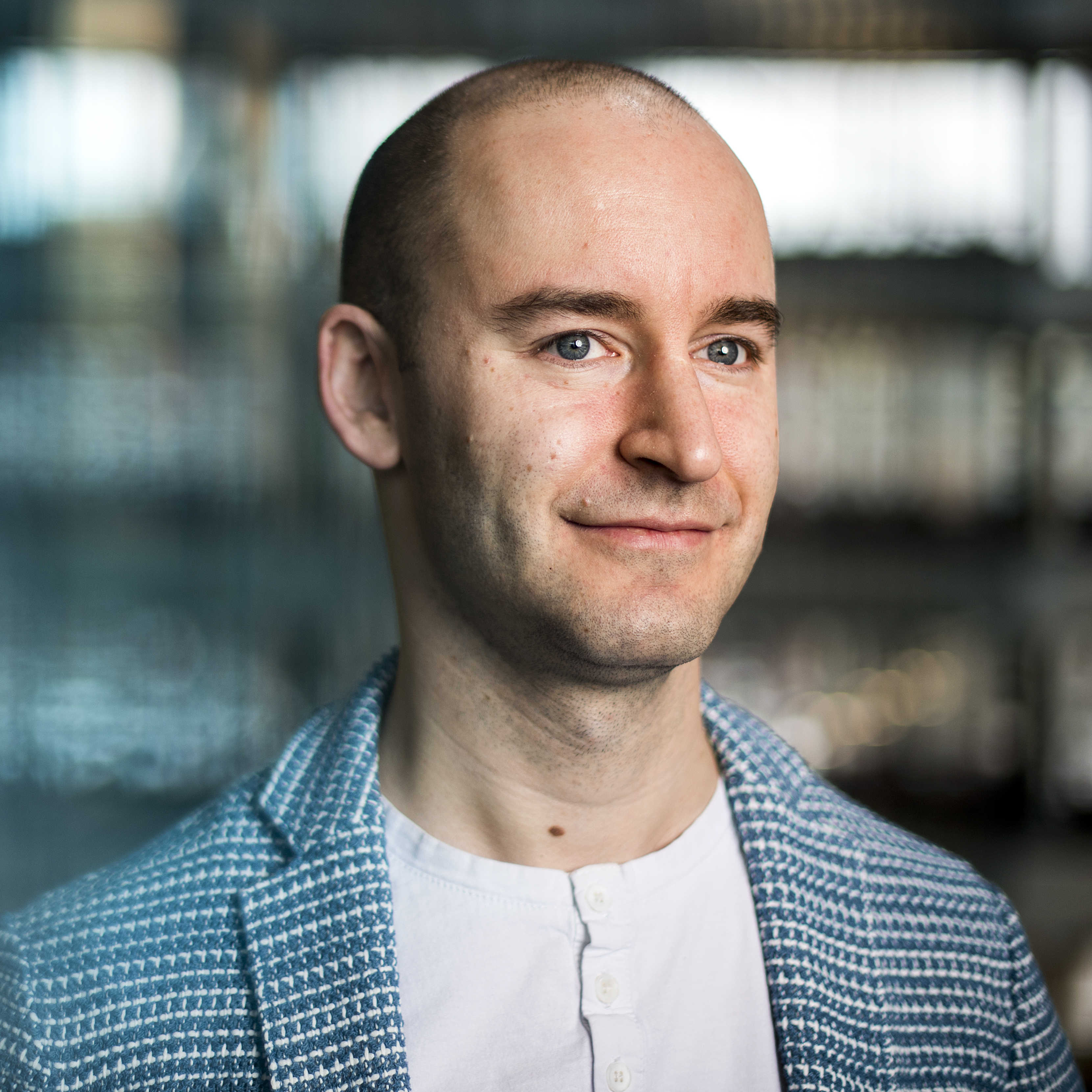
Christo Wilson
View bio
Christo Wilson is an Associate Professor in the Khoury College of Computer Sciences at Northeastern University. He is a founding member of the Cybersecurity and Privacy Institute at Northeastern, and serves as director of the BS in Cybersecurity program. Professor Wilson's research focuses on online security and privacy, with a specific interest in algorithmic auditing. Algorithmic auditing is an emerging, interdisciplinary area that uses experimental techniques to measure the black-box algorithmic systems that pervade daily life in order to increase transparency and accountability of these systems. His work is supported by the U.S. National Science Foundation, a Sloan Fellowship, the Mozilla Foundation, the Knight Foundation, the Russell Sage Foundation, the Democracy Fund, the Anti Defamation League, the Data Transparency Lab, the European Commission, Google, Pymetrics, and Verisign Labs.
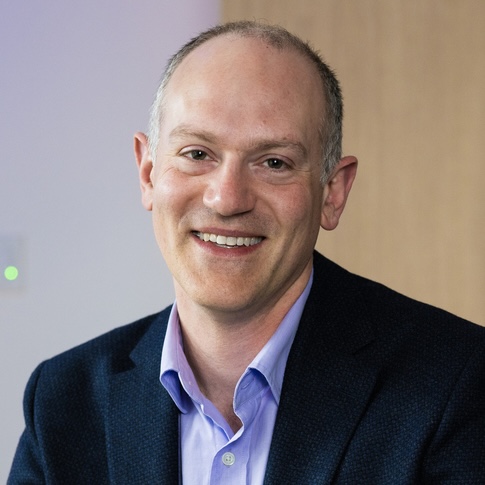
David Choffnes
View bio
David Choffnes is an associate professor in the Khoury College of Computer Sciences at Northeastern University, and Executive Director of Northeastern’s Cybersecurity and Privacy Institute. He is a recipient of the NSF CAREER award, the ACM/CRA Computing Innovation Fellowship, and the Outstanding Dissertation Award in EECS at Northwestern University. His research has been recognized with best paper awards three times (USENIX Security 2017, NDSS 2018, IMC 2019) and two Applied Networking Research Prizes. His work has been covered by the popular press including the New York Times, ABC’s Good Morning America, CBS News, PBS, NPR, the Boston Globe, NBC News, and Science Magazine, and is supported by the National Science Foundation, Department of Homeland Security, Measurement Lab, Google, Comcast, Verizon, Arcep, and the Data Transparency Lab.
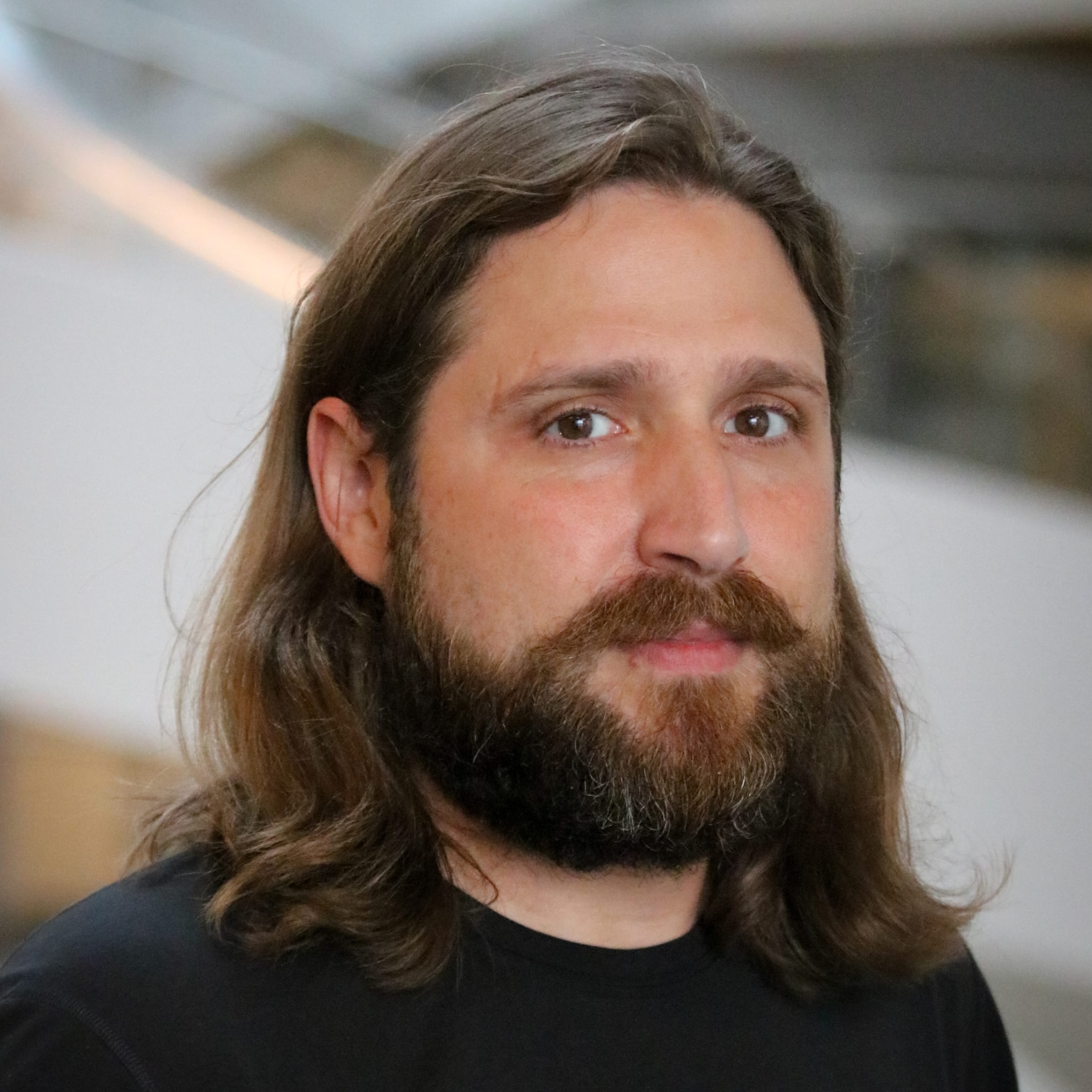
John Basl
View bio
John Basl is an associate professor in the Department of Philosophy and Religion at Northeastern University and an associate director of the Northeastern Ethics Institute leading the institute’s AI and data ethics initiatives. He is also a faculty affiliate at the Edmond & Lily Safra Center for Ethics and the Berkman Klein Center for Internet and Society, both at Harvard University. He is a moral philosopher working primarily in AI and data ethics. He is a co-author of “Building Data and AI Ethics Committees” (published with Accenture) and “Getting from Commitment to Content in AI and Data Ethics: Justice and Explainability” (published with the Atlantic Council).

Michelle N. Meyer
View bio
Michelle N. Meyer is an associate professor and chair of the Department of Bioethics and Decision Sciences in the Geisinger College of Health Sciences and Chief Bioethics Officer at Geisinger Health System, where she is also faculty co-director of the Behavioral Insights Team in the Steele Institute for Health Innovation. Her normative and empirical work has been funded by the U.S. NIH, FDA, and NSF and by the Robert Wood Johnson Foundation, Russell Sage Foundation, and Open Philanthropy; published in Science, Nature, PNAS, and the New England Journal of Medicine; and covered by numerous U.S. and international news outlets. She has also published in the New York Times, Slate, Wired, and the L.A. Times and served on an American Psychological Association blue ribbon commission, multiple NASEM study committees, and the editorial board of Advances in Methods and Practices in Psychological Science. She earned her Ph.D. from the University of Virginia and a J.D. from Harvard Law School, where she was an editor of the Harvard Law Review.
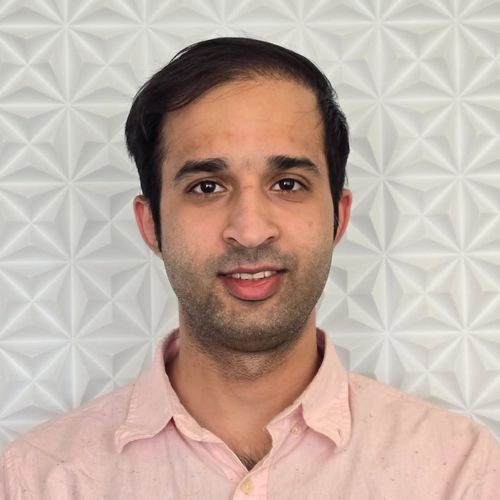
Muhammad Abu Bakar Aziz
View bio
Aziz is a PhD student at Northeastern University collaborating with the National Internet Observatory as a Data Scientist. As a Data Scientist, he is developing privacy-preserving data pipelines using Spark to facilitate the release of datasets for external researchers and internal analysis. Additionally, he is analyzing browsing logs as part of his own research. Previously, Aziz also proposed and developed several new features for the NIO Browser Extension.
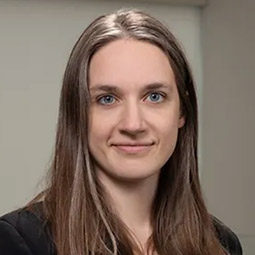
Kristin Lunz Trujillo
View bio
Kristin Lunz Trujillo is an assistant professor in the Department of Political Science at Boston College. Her research adopts a political psychology framework to explore mass political behavior, particularly as it relates to the urban-rural divide and health-related attitudes. Her work has been funded by the NSF and she has published in academic journals such as Nature Human Behaviour, Scientific Data, JAMA Network Open, Social Science & Medicine, Political Behavior, Public Opinion Quarterly, and Political Geography, among others. Her work has also won several awards and has appeared in various media outlets, including The New York Times, Newsweek, Forbes, FiveThirtyEight, John Oliver’s Last Week Tonight, Time, US News and World Report, and more. Before coming to Boston College, Kristin was an assistant professor at the University of South Carolina. Before that, she was a postdoctoral research fellow at the Harvard Kennedy School's Shorenstein Center on Media, Politics, and Public Policy, and at the Network Science Institute at Northeastern University. She completed her PhD in Political Science with a minor in political psychology at the University of Minnesota - Twin Cities in 2021.

Michael Hoefling
View bio
Michael Hoefling is a Senior Project Manager who manages the National Internet Observatory (NIO) project. He has over 15 years experience managing complex projects ranging from Engineering and Research to Construction/ Facilities and Life Sciences. With his multidisciplinary experience in various industries this makes him an ideal member of the NIO Team, successfully leading the project.
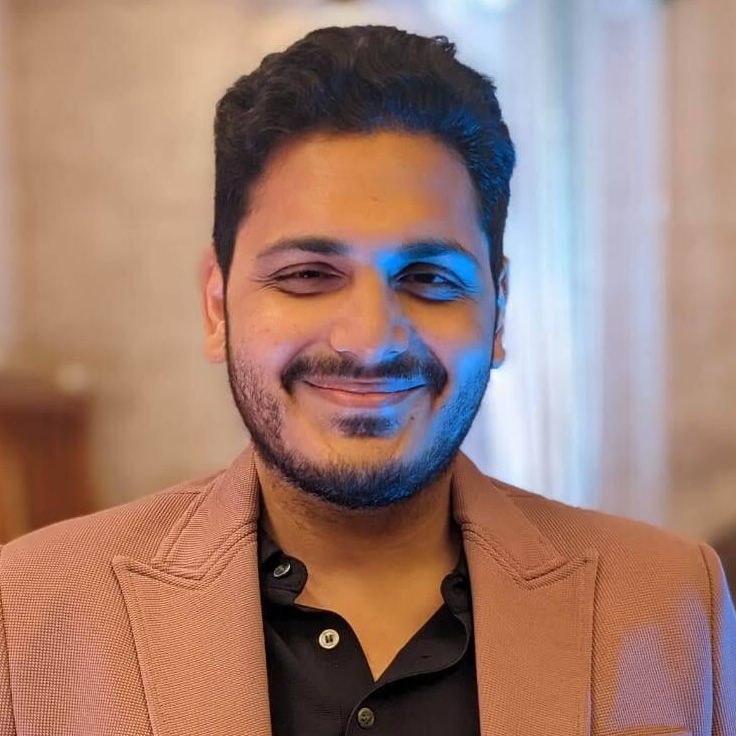
Pranav Goel
View bio
Dr. Pranav Goel (he/they) is a Postdoctoral Research Associate at the Lazer Lab at Northeastern University’s Network Science Institute. He obtained his PhD in Computer Science from the University of Maryland, College Park. His research interests span computational social science & natural language processing, including text-as-data applications in computational political science, analyzing framing in news and social media, and improving topic model evaluation and their ability to assist practitioners. Currently, he is exploring news consumption patterns across a variety of online platforms, seeking to improve our understanding of the digital local news landscape, and studying the interaction between self-reported survey data and behaviors drawn from observed trace data. His research has been published at top conferences and research venues, including winning the "Outstanding Study Design" award at ICWSM 2023.
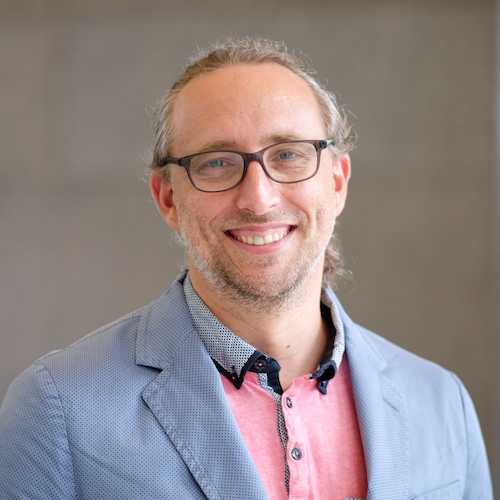
Jason Radford
View bio
Jason Radford is a research scientist with the National Internet Observatory and Director of the Social Design Lab. He is a sociologist specializing in putting scientific research into practice through innovation. He co-founded Volunteer Science, an online behavioral lab for scientific researchers.
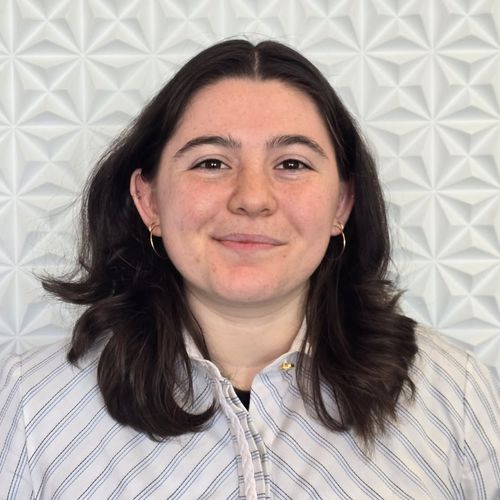
Abby Wisnewski
View bio
Abby Wisnewski is an iOS Applications Developer at Northeastern University supporting the National Internet Observatory. She started with the NIO as a Co-Op student and has since returned in a staff level Developer role, showing her commitment to the project. Her focus is on enhancing data collection through low-level networking and iOS system frameworks while also managing feature development and TestFlight deployments.
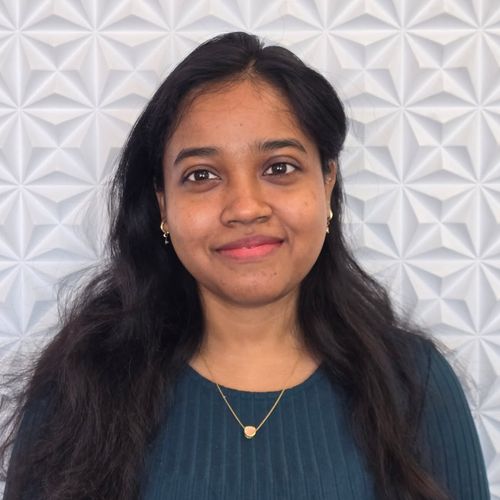
Sheela Hansda
View bio
Sheela Hansda is a Data Science Engineer Co-op at NIO and a Master’s student in Data Analytics Engineering at Northeastern University. Before her graduate studies, she worked as a Data Warehouse Developer and Architect in consulting firms, gaining experience in data modeling, ETL processes, and database optimization. She has a keen interest in exploring advanced analytics, machine learning, and big data technologies to solve real-world problems. Outside of work, she enjoys trekking, cooking, traveling, and painting.
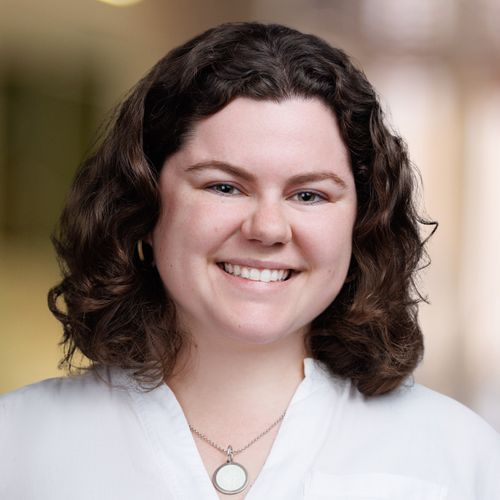
Libby Phillips
View bio
Libby Phillips is a project coordinator for both the National Internet Observatory and the Internet Democracy Initiative. She is a graduate of the Trinity College Dublin and Columbia University Dual BA Program. Libby enjoys reading, writing, and exploring the city of Boston.
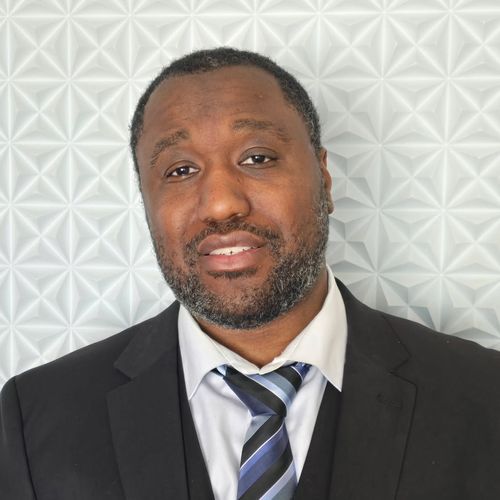
Glenn White
View bio
Glenn L. White is the lead Android Developer of the NIO project. Prior to his arrival to Northeastern University he has worked with many industry leading Firms such as JPMorgan Chase and Walmart. He has been working in the field of computer science since 2011 and has helped publish a number of applications you see in the Google Play Store. He has a proven track record in app development and optimization. Proficient in Kotlin and Java, adept in UI/UX design, and experienced in collaborating on large-scale projects. Skilled in app stability enhancement, code optimization, and seamless integration of new features.
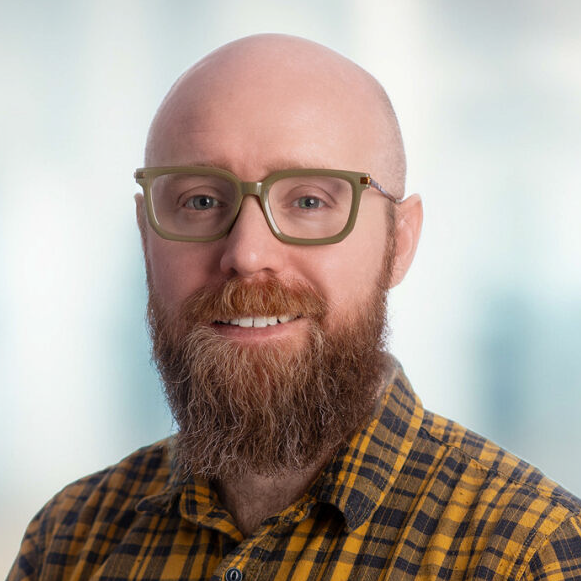
Scott Cambo
View bio
Dr. Scott Allen Cambo has dedicated his career to helping teams research, design, build, and monitor AI systems that are safe to use, responsibly developed, and trustworthy. After graduating with a PhD in Technology and Social Behavior from Northwestern University, Dr. Cambo has led the technical and product development for expert-centered interactive machine learning systems (Avalanche Insights, now Fathom.AI) as well as the development of algorithm auditing processes and AI governance tools (Parity.AI, now Vera.AI). Scott also brings a breadth of leadership experience to the team having had multiple management and leadership roles as the Head of Human-Centered Data Science for Vera.AI, General Manager for the Responsible AI Collaborative, and Chief of Trustworthy AI for Redmane Technologies.
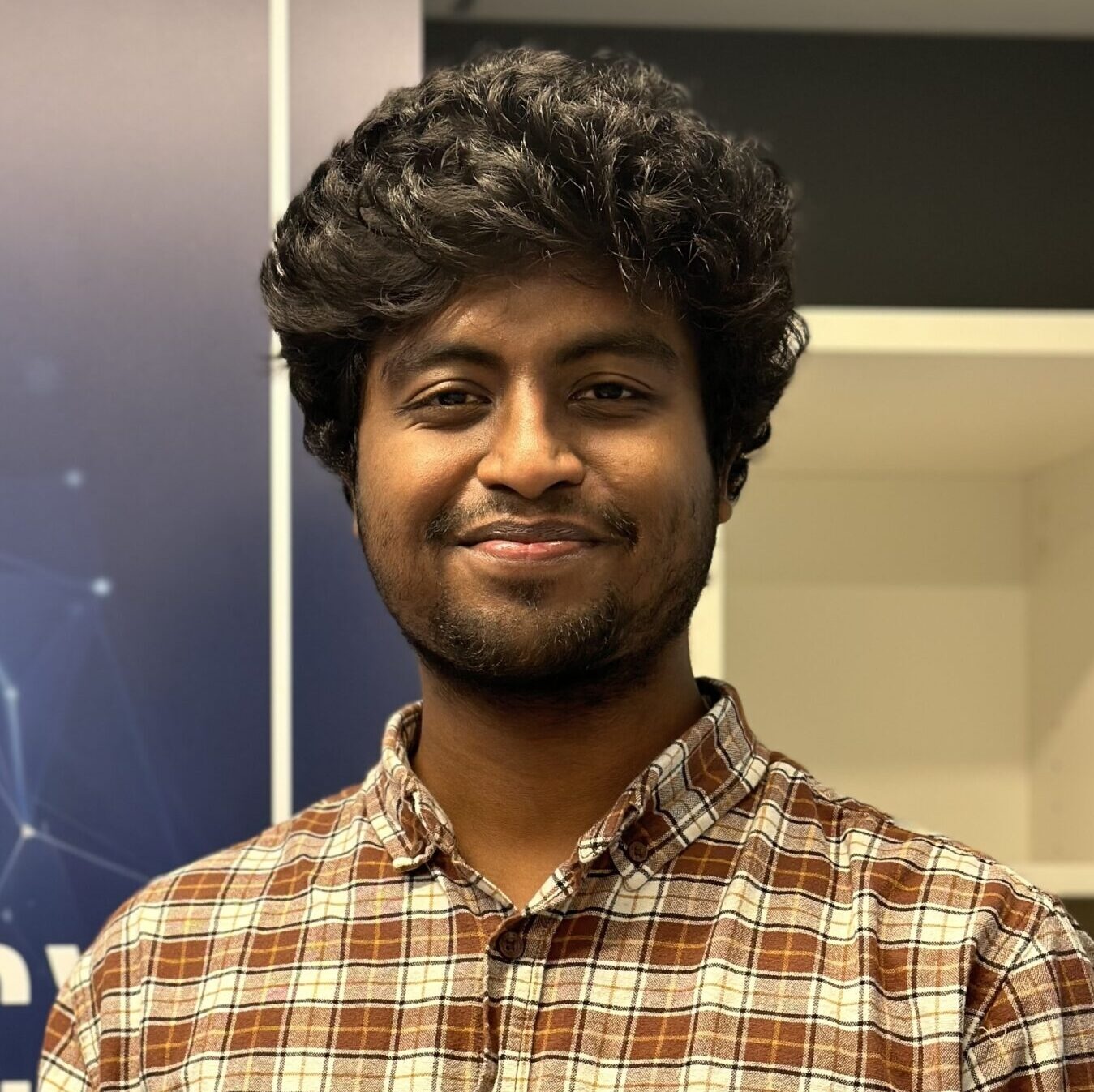
Hemish Veeraboina
View bio
Hemish Veeraboina is a Data Engineer at Northeastern University, specializing in scalable data pipelines, ETL orchestration, and big data processing. With expertise in Python, SQL, and distributed systems (Spark Kafka, Hadoop, Dask), he builds efficient and robust data solutions. Currently, he is exploring machine learning, causal inference, and AI-driven data engineering solutions to enhance automation and analytics at scale.
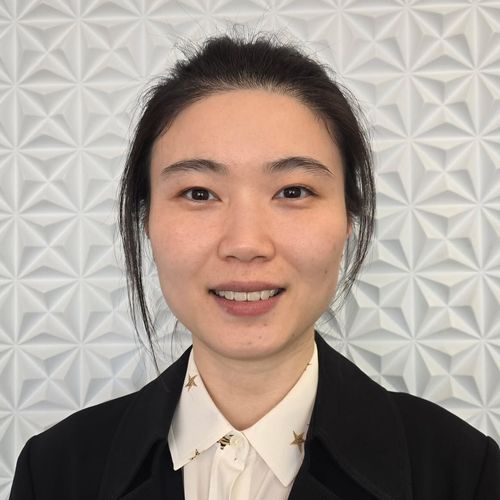
Sybil Sun
View bio
Sibyl is a data scientist/data engineer at The National Internet Observatory, specializing in statistical analysis and machine learning. With a background in statistics and data science, she has worked on cloud computing platforms to build scalable data pipelines and leverage MLflow for machine learning model management, enabling data-driven decision-making. Outside of work, Sibyl is a mom of two dogs and loves outdoor activities such as hiking and tennis.
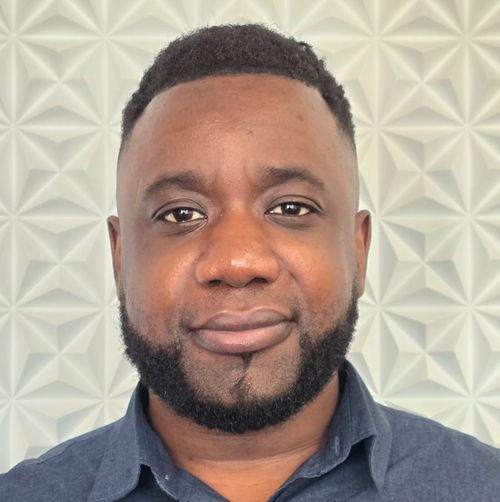
AJ Ilentamhen
View bio
AJ Ilentamhen was raised in Boston, MA, and the Boston area, as well as Brockton, MA. After attending high school in Dorchester, MA, he went on to study Computer Science with a focus in Software Engineering at Pennsylvania State University. Beginning his IT career in Software Engineering and transitioning to Data Science/Data Engineering, he is also a published kid's author, sports lover, lover of film and screenwriting, enjoys board games and historical documentaries, and is overall interested in and passionate about learning.
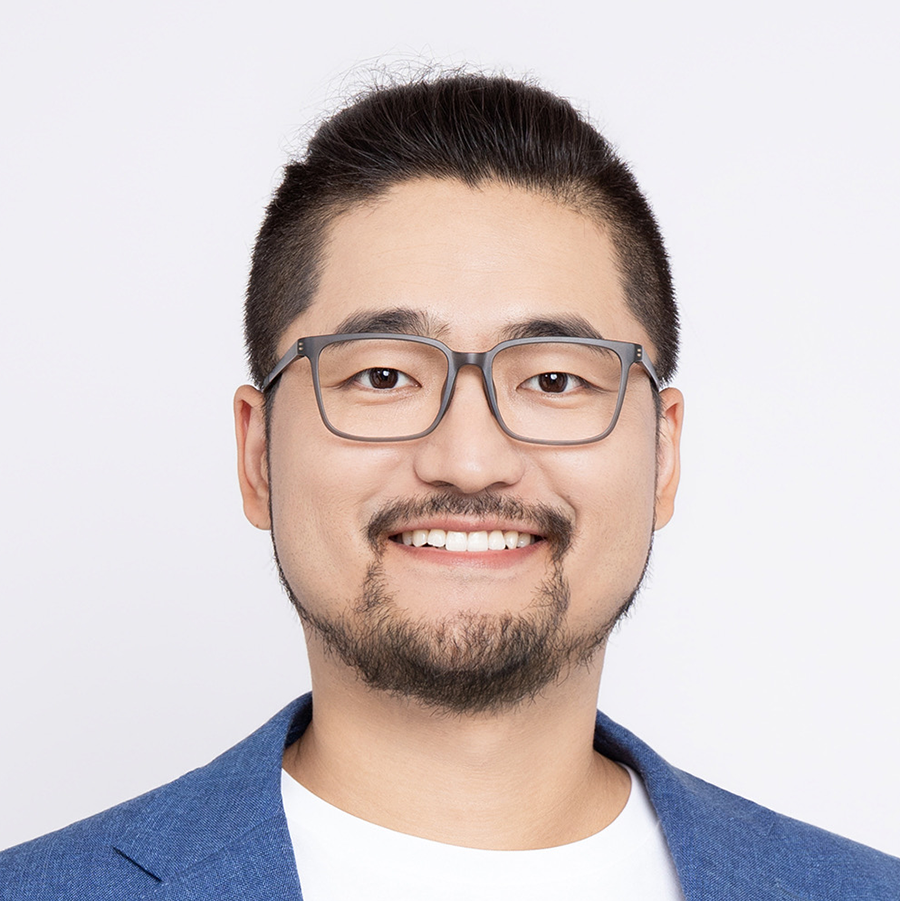
Kai-Cheng Yang
View bio
Kai-Cheng Yang is a postdoctoral researcher in the Lazer Lab at Northeastern University's Network Science Institute. He obtained his Ph.D. in Informatics from Indiana University Bloomington. He is interested in computational social science. His research aims to uncover how technologies like generative AI are used for deceptive and disruptive purposes, study how humans react to these abuses, and develop countermeasures. Specifically, he focuses on bad actors like malicious social bots and misinformation on social media. He built popular tools, such as Botometer, that have served tens of thousands of users. He also acted as the social bot expert in the Twitter vs. Elon Musk trial. His work appeared in various academic journals. CNN, BBC, The New York Times, and many other popular news outlets also covered his research.
